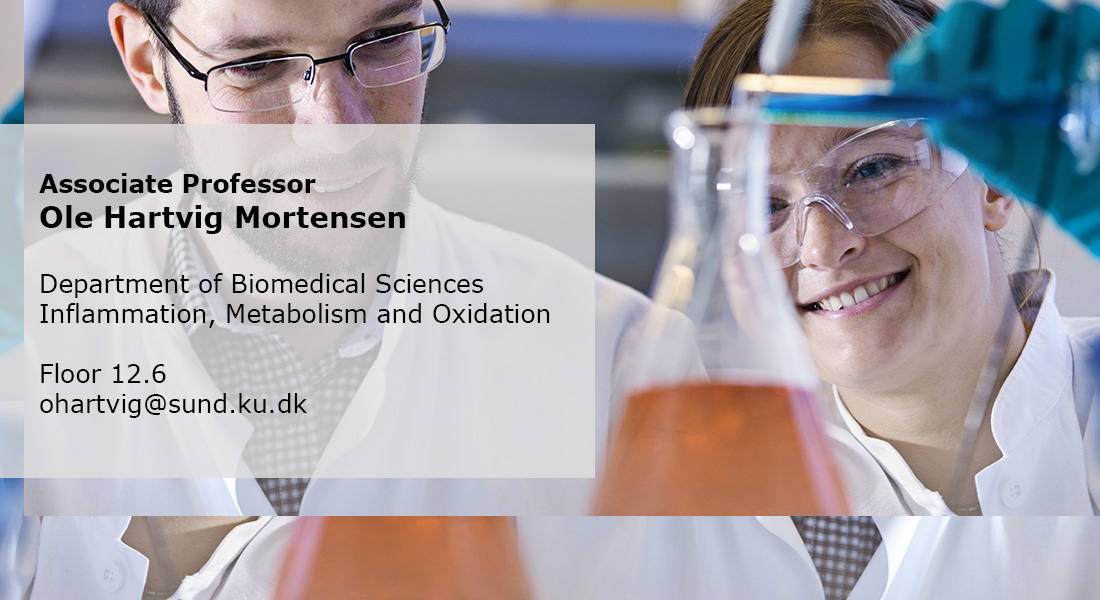Hartvig Group - Nutrient Transport and Metabolism
Using translational research model systems ranging from isolated organelles to cells to mice, rats, sheep and humans coupled with state of the art as well as classical biochemical and molecular biology methods our long-term aim is to mimic, understand and treat or prevent adverse human conditions and disease.

Transport and metabolism of nutrients is an essential part of any organism and understanding how changes in nutrient transport and metabolism can lead to long lasting positive or negative effects in nutrient homeostasis and dynamics at the whole body, organ, and cellular level is of utmost importance in a variety of human diseases.
Developmental programming of metabolism
One of the risk factors for developing metabolic disease is faulty or adverse programming in utero or in early postnatal life – also known as developmental programming. Adverse developmental programming as a function of malnutrition has recently been shown to involve changes occurring both before, during and following conception.
We have established or developed animal and cellular models to be able to understand how dietary challenges like for example a high fructose diet or a low protein diet can affect the offspring phenotype at the organism, cellular and subcellular level, focusing on nutrient uptake and metabolism during development in both placenta and the fetus.
Sulphur amino acid metabolism
Methionine is an essential amino acid and of extreme importance for one-carbon metabolism including acting as the methyl group donor in DNA methylation. Perturbations in methionine intake during gestation have lifelong consequences for the offspring including increased risk of metabolic disease.
Cysteine is synthesized from methionine and taurine from cysteine, making both amino acids semi-essential as the synthesis is dependent on methionine intake.
Taurine in particular seem to be very important during fetal development and due to the high requirement is an essential amino acid for the fetus that needs to be maternally supplied although regulation of taurine synthesis and transport in the fetus is not well understood. Taurine supplementation has in several cases been shown to ameliorate the negative effects of adverse developmental programming by an unknown mechanism which we are currently investigating.
Nutrition in the future and the impact on human health
The future holds many promises and problems for human nutrition. Among these is the projected decrease in meat and fish consumption suggested by for example the United Nation as a way to ensure sustainable food sources in the future. The impact on human health, both in the adult organism but also during development, of eating either a fully vegetarian or flexitarian diet is not well examined and using human cohorts as well as animal and cellular models we aim to investigate whether or not dietary supplementation of amino acids or micronutrients should be recommended.
Future food production is focused on sustainability, cost, and shelf-life – and one way to ensure a long shelf-life and thereby improve food quality is by adding polyphenols to food in order to prevent oxidation and protein glycation. The health implications of this are unknown and we are working together with one of the leading groups in the field headed by Marianne Nissen Lund to establish if the addition of polyphenols to food, and to proteins in particular, has any health effects, negative or positive.
Group Leader
Ole Hartvig Mortensen
Associate professor
Phone +45 2066 9042
ohartvig@sund.ku.dk
ORCID: 0000-0003-1118-6317
